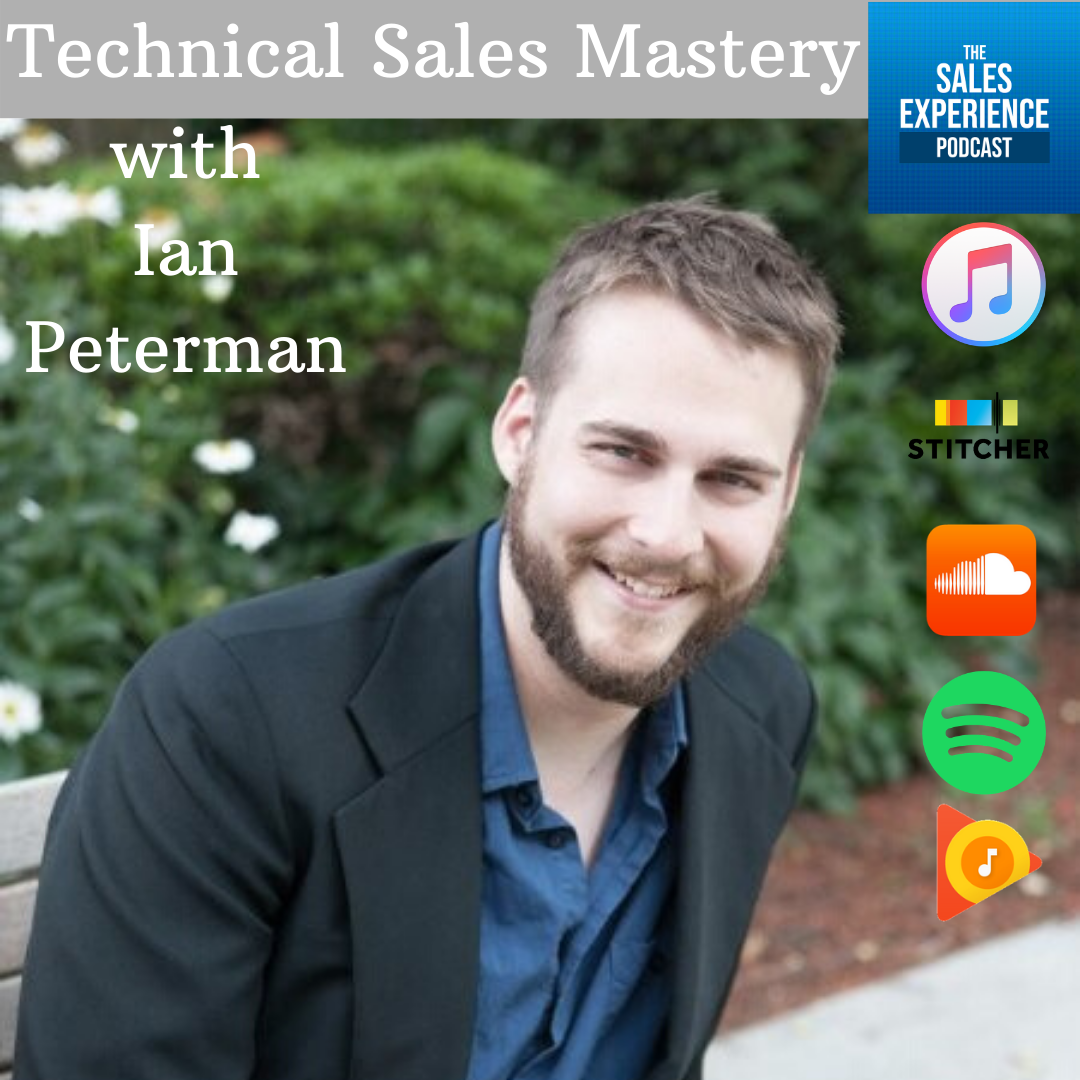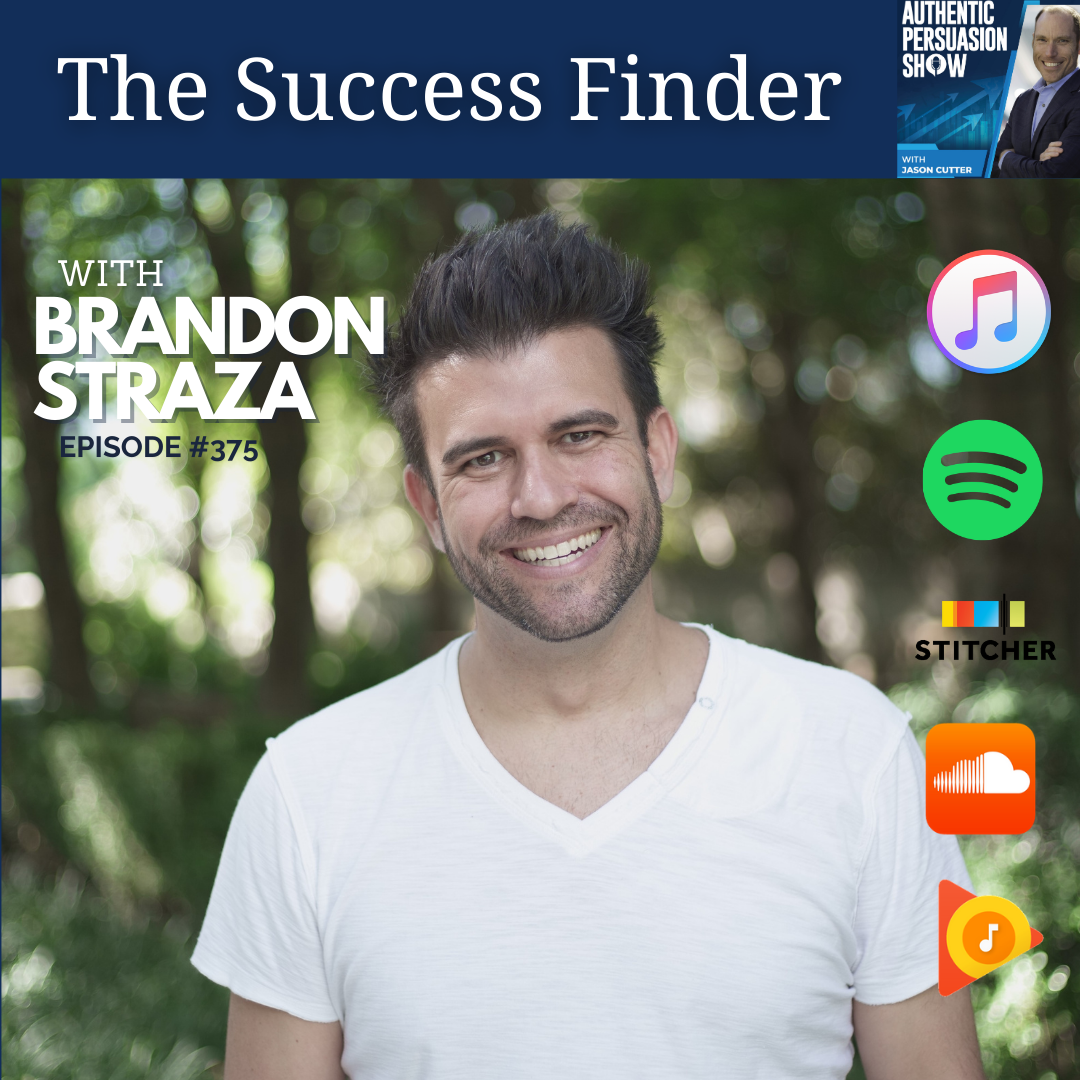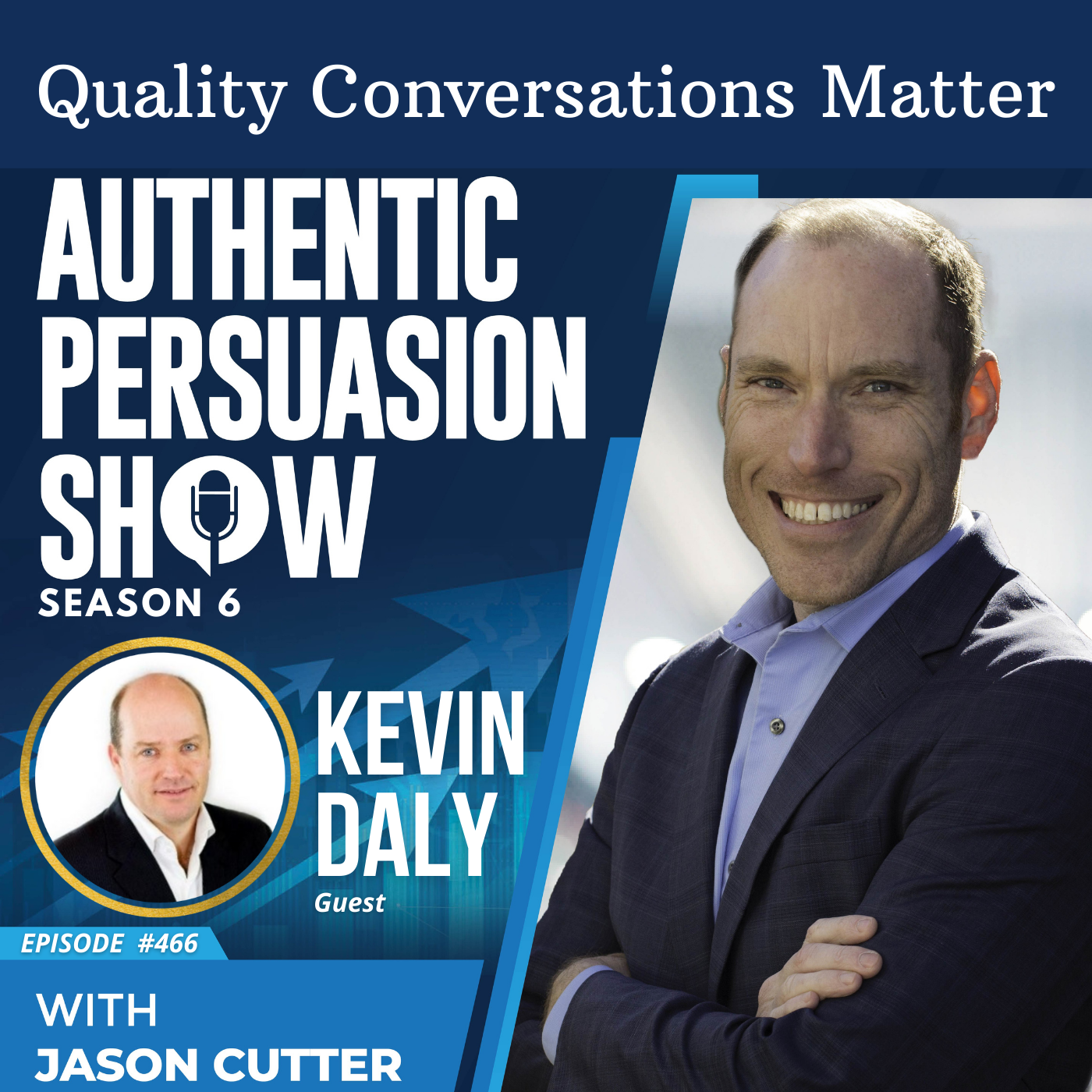Show Notes
“Hope is a good thing, maybe the best of things, and no good thing ever dies.” – Shawshank Redemption
That is true when in prison (in reality, or in your mind), and it is a fundamental part of the sales process.
Why is hope so important? Listen to this episode of The Sales Experience Podcast to find out as we continue Fundamentals Week(s).
Episode 17 – Transcript
Welcome to Episode 17 of The Sales Experience Podcast. My name is Jason Cutter and I do this podcast for you – the salesperson or sales leader that has the goal of being in the sales profession long term, operating as a professional, and being viewed by your prospects and customers as the hero that helped improve and transform their life.
Yes – that sounds intense but no matter what you sell, your product or service helps change people for the better. Maybe it is helping them achieve a goal, buy something that will make them feel joy, or avoid pain or overcome a challenge that has been plaguing them. All of that is huge and when you really step back from your day to day process of selling, you will see the impact you have.
A lot of reps over time get desensitized to that impact they provide. In the beginning its exciting, new customers are happy and thankful. Over time you get into your routine, talk to lots and lots of prospects, and just go through the motions that you know work on an intellectual level. But kind of dismiss the emotional side of what you provide for people.
What you really do is give people hope. “Hope is a good thing, maybe the best of things, and no good thing ever dies.” That is from one of my favorite movies – Shawshank Redemption. Hope is a good thing, and hope is what your prospects want from you. They want the hope, followed of course by the actualization, of your product or service being what helps them.
Your job is to give them that hope. Your sole mission really could be boiled down to the hope step. In order to give them hope you have to know what will make them hopeful.
To get there you must have their trust as the professional who can help them. In order for them to trust you, they have to know you care. To show you care, you have to dig deep with discover questions to uncover their true pains or goals, and then empathize. To get there they have to like you enough to open up.
When you have done all those steps correctly when you provide them with the solution that fits their needs or wants, there will be hope that comes with it. And not false hope or made up hope. But real, honest hope about where their life will be as a result of purchasing your product or service.
Your prospect is craving hope. The world is craving hope. With so much negativity and unhappy things going on, I think most people want that feeling of hope – hope for better things to happen in their life. A hope that this thing called life is actually a good experience.
Hope is not about everything being sunshine and rainbows, but it is about getting to a place that is better than where you are now.
When you are talking to your prospects, your solution presentation step should provide them with a feeling of hope. When you describe how your product or service addresses and solves the goals, wants, needs, pains, or struggles that you uncovered with your discovery questions – paint the picture of what their future could look and feel like.
Hope is a good thing. Maybe the best of things.
You will know that you are doing the hope step correctly and helping them envision the improvement to their life, big or small, as a result of buying from you, when it doesn’t take much convincing to get them to buy. When you do the hope steps right you will almost completely eliminate the need to “close’ them or even ask for the sale. When they can feel it, smell it, taste that vision based on real hope, then they will ask you how they can buy instead of you need to convince them.
If you find yourself consistently having to ask for the sale, or use persuasive closing tactics to get prospects to buy, then you are not fully utilizing the hope step, and most likely missing the other fundamental stages before it.
Can you imagine being in sales, talking to prospects who are almost or maybe literally, begging you to let them buy your product or service? And for the right reasons? For their reasons. Not because you manipulated them, but because you provided them with hope for a slightly better future.
So I know all this might sound like a motivational speech. And part of it is. I would really love for you to bring hope to your prospects and then actually follow through on that promise by helping them buy a solution that does what it says it will do or more.
I want you to change your outlook on the sales experience that your prospects have from the one they are expecting to have – which is filled with a salesperson using slick closing lines and tactics to convince them to buy – to one where they are excited and thankful afterward.
The best way to get there is by creating a hopeful vision for them.
And when you do this for all your prospects, you will get what you want in life, like the Zig Ziglar quote says. Can you imagine what it would feel like to walk into work each day excited about the lives you are changing in your own way? Can you imagine what it would be like to have people asking you to help them buy instead of having to convince them to buy? If you are listening to this podcast then its my hope that you want that same feeling as a sales person and have that vision for your life.
If I am doing my part through this show, then you will make that transition and change the way that you interact with your prospects.
That’s it for this episode. Tomorrow I will talk about false hopes – when hope is done wrong. For now, if you are feeling hopeful and excited, please share this episode with your sales team or anyone who you know is in a sales role. Let’s spread the message of how sales could be done.
Until next time, always remember that everything in life is sales and people will remember the experience you gave them.
![[E17] Fundamentals Week: Hope Is A Good Thing](https://episodes.castos.com/salesexperiencepodcast/images/TSEP-Cover-Fundamentals-Week-2.png)


